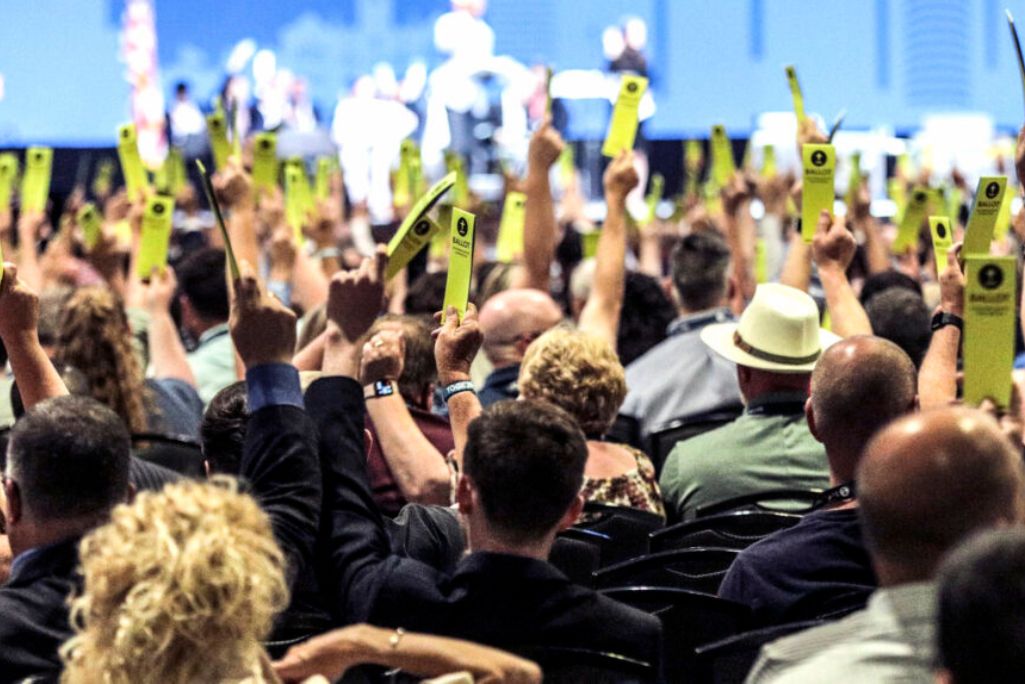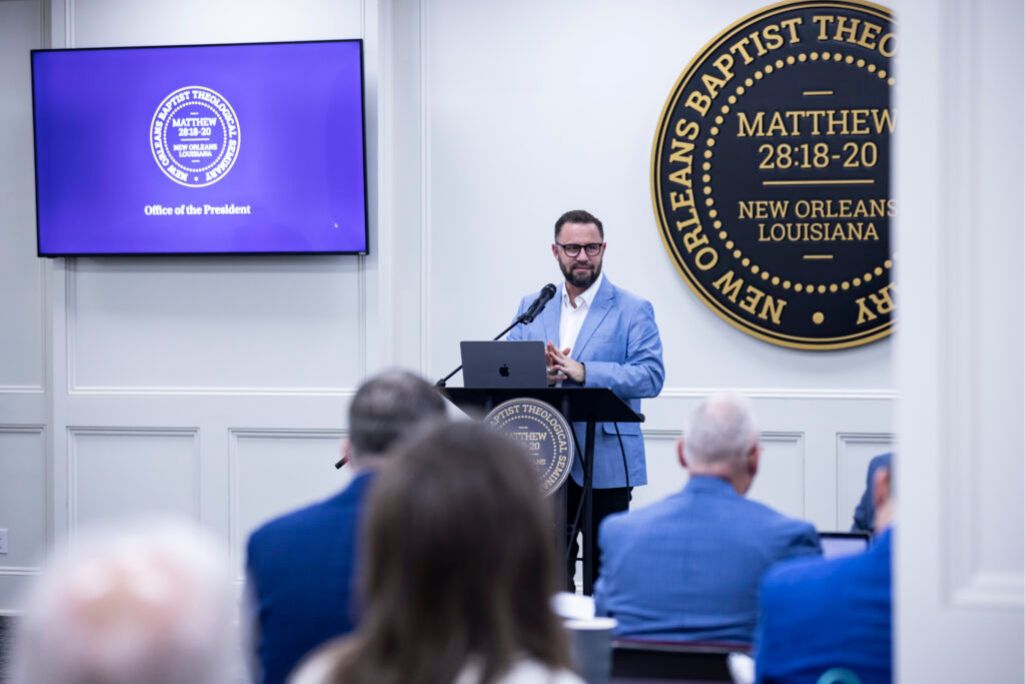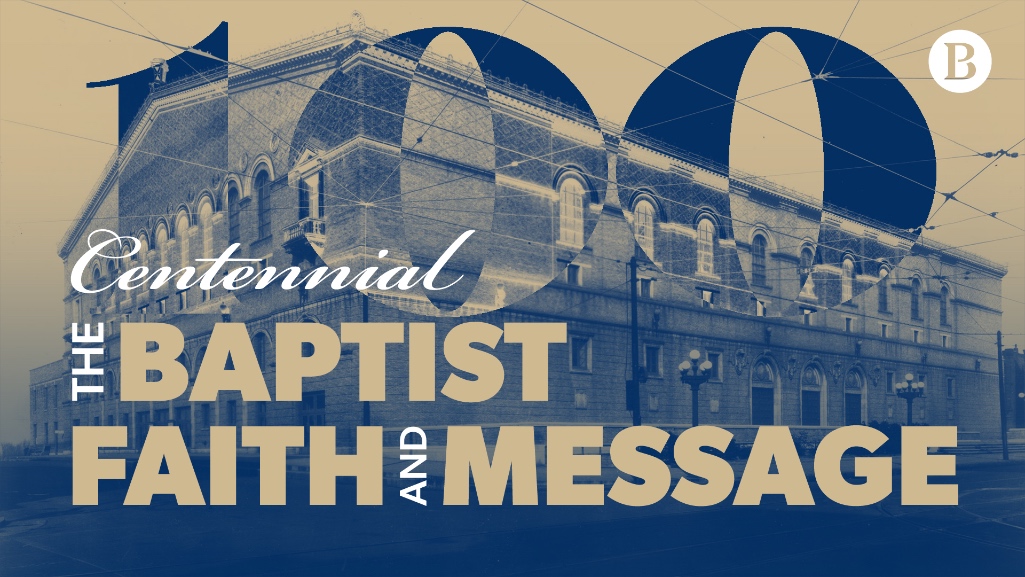
NASHVILLE (BP) — The newly proposed business and financial plan going before Southern Baptists for a vote next week aims to offer clarity while leaning on trustee governance of Southern Baptist Convention (SBC) entities, said Executive Committee (EC) President Jeff Iorg.
“Those entity leaders have been involved in creating the new plan and support its adoption,” he said. “Most comments from pastors and lay leaders have been positive, with those who raise questions usually wanting clarification for how the new plan enhances transparency.”
That issue in particular rests on the belief in a system of governance initiated with the SBC’s constitution and as old as the convention itself. “Boards of Managers,” as that document described modern-day trustees, “will be necessary for carrying out the benevolent objects (the SBC) may determine to promote.”
“Some who are calling for greater transparency want to bypass or redefine the trustee system — demanding more information be disclosed, more decisions made publicly, and with accountability to a task force or special committee,” Iorg said. “These demands ignore the legal, ethical and practical demands of entity leadership in today’s challenging legal and media environments.”
He added that methods outside of the trustee system in recent years amounted to “public governance,” where publicized information led to messenger decisions on the annual meeting floor. Those steps of “bypassing board governance and defying legal counsel” had some unintended consequences.
“While the trustee system has its weaknesses, its overall track record is far superior to other approaches,” Iorg said.
“The proposed plan rests on the conviction that Southern Baptists demand transparency to their elected trustees — not public disclosure of all information,” he continued. “We have identified 14 ways in the new plan that require more specific reporting by trustees on entity operations. These will be reported in an annual report to Southern Baptists by each entity.”
In addition to reinforcing dependence on trustee governance, the proposed plan promotes consistency with SBC governing documents, updates requirements on key issues as well as legal and accounting language and provides more specific reporting mechanisms than the current one, Iorg said.
It remains a “living document” that can be amended as needed. He shared that although it will not be amended, per se, at the Executive Committee meeting preceding the 2025 SBC annual meeting next week in Dallas, one editing correction will be noted in its final recommendation.
Per the demand of Southern Baptists, trustees receive access to information about their entity to make vital decisions and do this “not as an alien force inflicted on us by an outside authority,” Iorg said. “They are our colleagues and friends.”
Trustees are selected through a process that originates with the SBC president. In succession:
- That person appoints two individuals from each state or regional convention to make up the Committee on Committees.
- The Committee on Committees then also appoints two persons from each state or regional convention to form the Committee on Nominations.
- The Committee on Nominations provides names of potential trustees for all SBC entities.
- Southern Baptist messengers give the final vote of approval at the annual meeting.
The Committee on Nominations released the names of 63 nominees in its initial report in April.
Iorg cited the confidentiality afforded to Golden Gate Theological Seminary’s board as “essential” to the school’s successful rebranding to Gateway Seminary and relocation 400 miles southward along the California coast. An oppositional group had prevented an earlier move through “picketers, public attacks, legal actions and political maneuvering,” he said.
The school’s board worked for more than a year and ultimately approved approximately $150 million in real estate transactions, plus moving expenses and other aspects connected to the rebranding. Closed-door meetings brought extra layers of transparency among board members in much the same way church deacons and elders conduct business, Iorg said, to be “an SBC board functioning at its finest.”
The proposed Business and Financial Plan accents the transparency afforded to messenger-approved Southern Baptists serving in those roles, Iorg said.
“Boards do their most important work behind the scenes. They handle tough issues, make personnel decisions, debate financial expenditures and make choices based on information they — and often no one outside the board — have available to them,” he said.
“They listen to attorneys, accountants, consultants, executives and other experts who advise them. Their decisions are based on the information they have, not the information they publicly disclose. And, no matter how controversial, they are legally bound to base their decisions on what’s best for their entity — not what the public response may be.”
(EDITOR’S NOTE — Scott Barkley is chief national correspondent for Baptist Press.)


